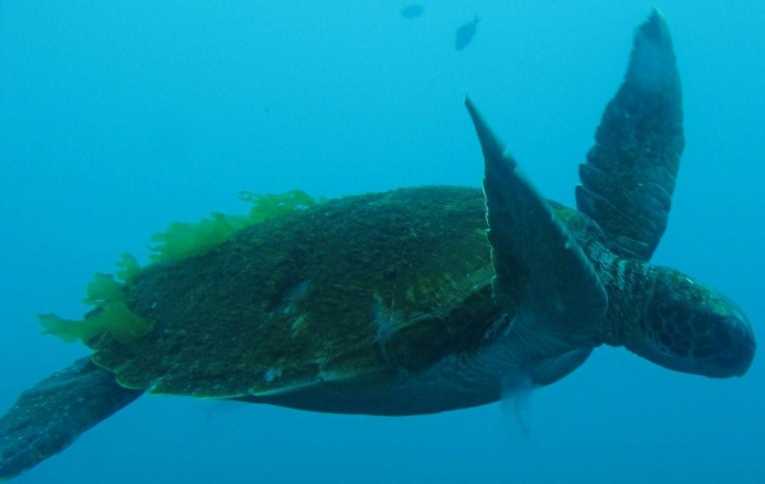Representatives from 48 nations recently met to discuss the fate of fishing quotas in the Atlantic and Mediterranean seas. The 17th Special Meeting of The International Commission for the Conservation of Atlantic Tunas (ICCAT) was held in Paris over the weekend and conservationists were pitted against the global fishing industry, as they poured over technical scientific information about the fisheries. Oceana, the world's largest international ocean conservation organisation, called the ICCAT meeting a "massive failure for bluefin tuna and swordfish, with only modest progress for sharks and sea turtles."
The delegates at the ICCAT meeting were discussing the future quotas for both the Atlantic and the Mediterranean fisheries. Environmentalists have long been concerned that the Atlantic bluefin tuna is being significantly overfished as an increasing population in Japan seeks the tender red meat for sushi.
The outcome of the ICCAT meeting was that the 2011 bluefin tuna fishing quota was cut by approximately 4 percent, from 13,500 tonnes to 12,900 tonnes per year in the Mediterranean and eastern Atlantic seas. An agreement was also reached by the delegates to work on enforcing the quotas. The quota agreed was denounced by the World Wildlife Fund (WWF), Oceana and Greenpeace.
The head of WWF Mediterranean's fisheries program, Sergi Tudela, said the quota reduction was "measly". These groups are of the opinion that the data which is available is not robust enough to base a decision on and that the rampant illegal fishing will continue unchecked.
A positive outcome from the meeting has been the recognition of the impacts on sharks and sea turtles from the fishing industry. The existing rules are woeful and impacts on shark populations from accidental by-catches as well as being targeted for shark finning have been an ongoing cause for concern.
The environmental groups welcomed the move to increase the protection of whitetip and hammerhead sharks. In addition, the ICATT agreements improved requirements for reporting on the capture of sea turtles and as well as mandating using fishing line disentanglement gear and hook-removal. This move could potentially save thousands and of sea turtles each year.
The ICCAT scientists believe maintaining the status quo is a good option; however the conservations believe it is irresponsible in light of so much illegal fishing. ''Nothing has changed and in the meantime, the stock remains at dangerously low levels of abundance'', says Dr. Michael Hirshfield, chief scientist and head-of-delegation for Oceana. The fight for our fisheries will continue.










